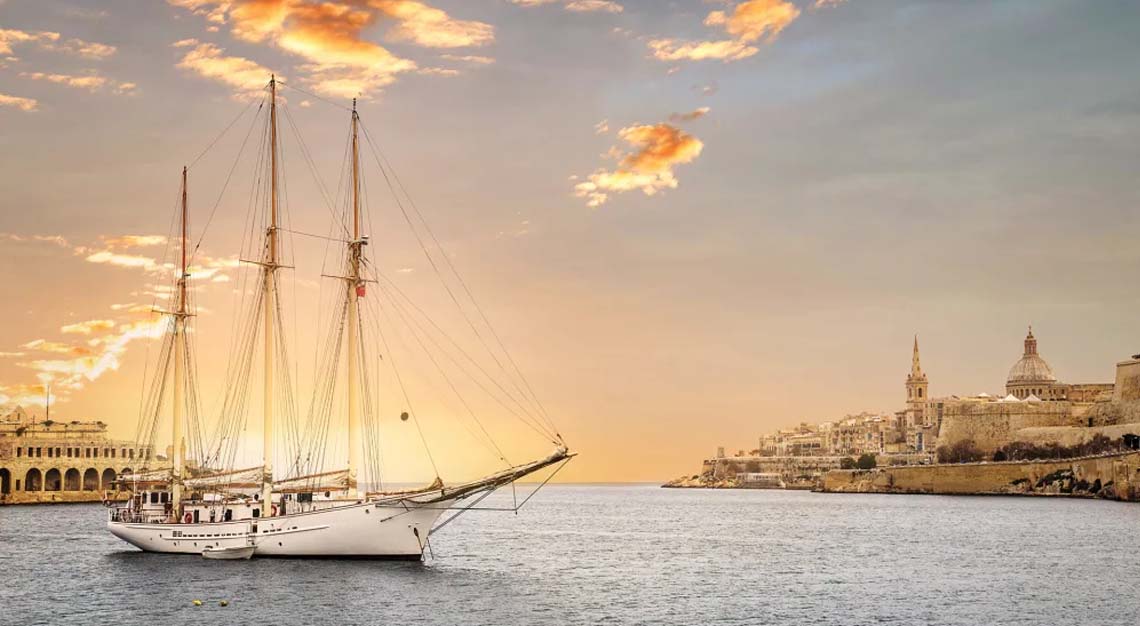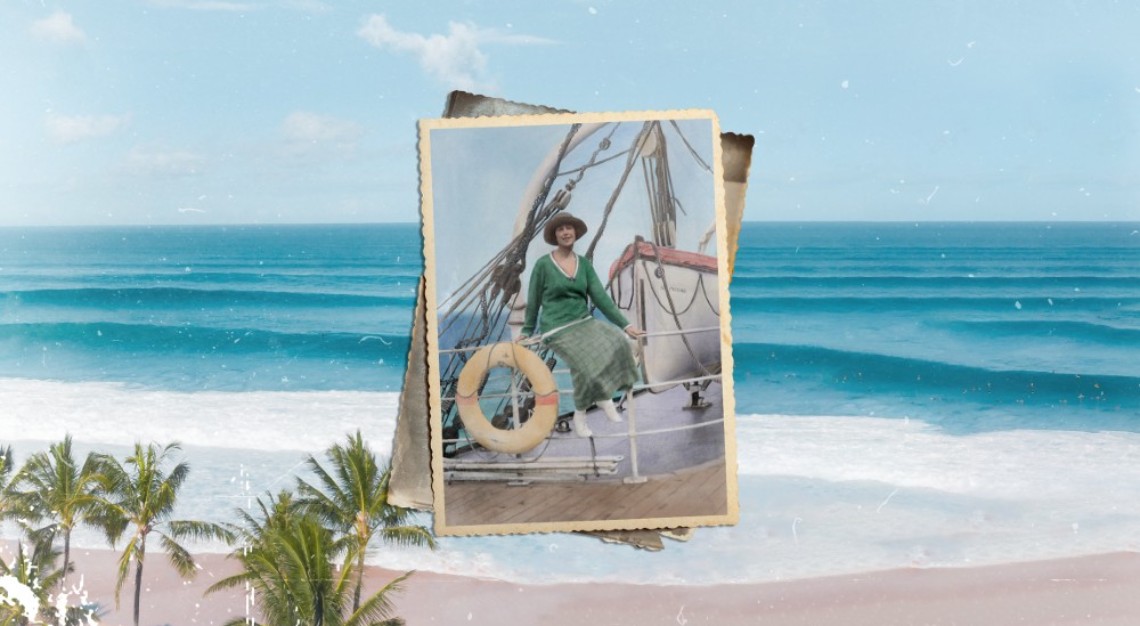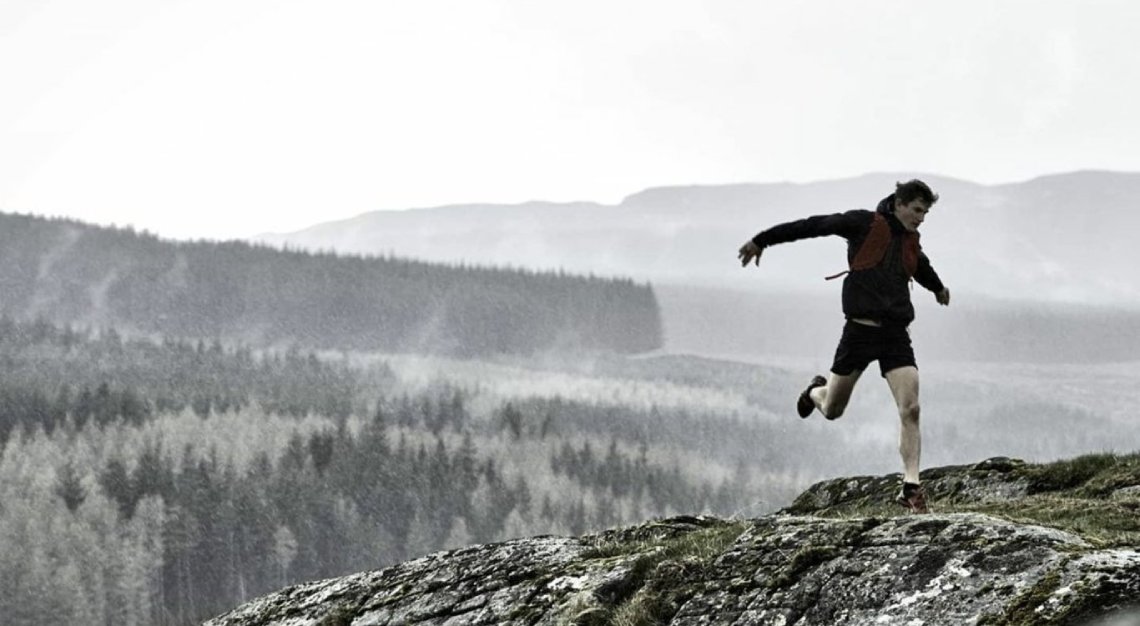Going the distance takes on a new meaning with these daredevils that embark on expeditions most of us wouldn’t even think of
For some of us, embarking on an adrenaline-pumping adventure can be as simple as scuba diving in the Maldives’ most indulgent atolls or hitting champagne powder slopes during winter. But these options may not be enough for those who like a little slice of danger with their thrill-seeking adrenaline rush. Case in point: These three brazen individuals, each a daredevil in his own right, who take death-defying acts to a whole new level.
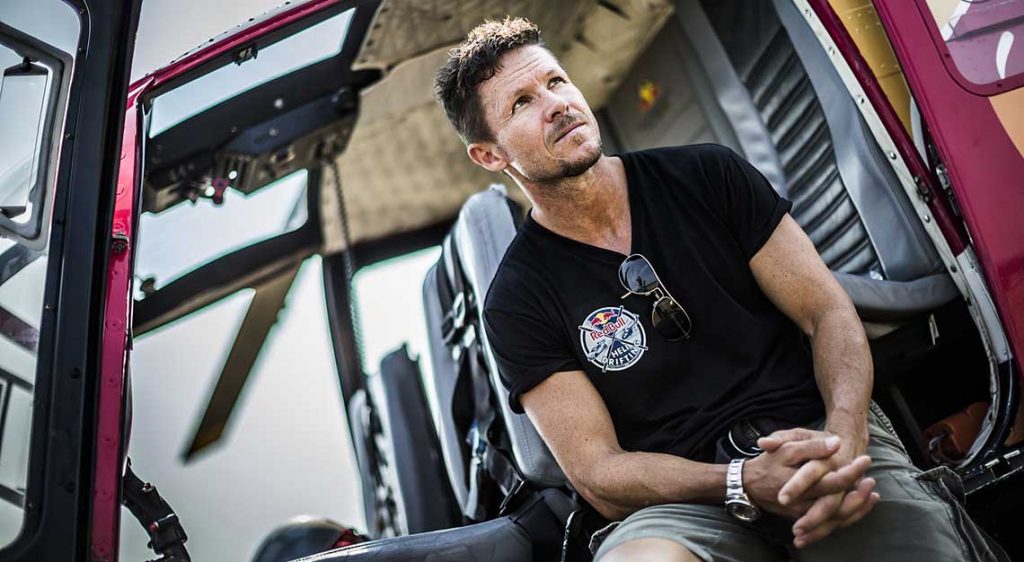
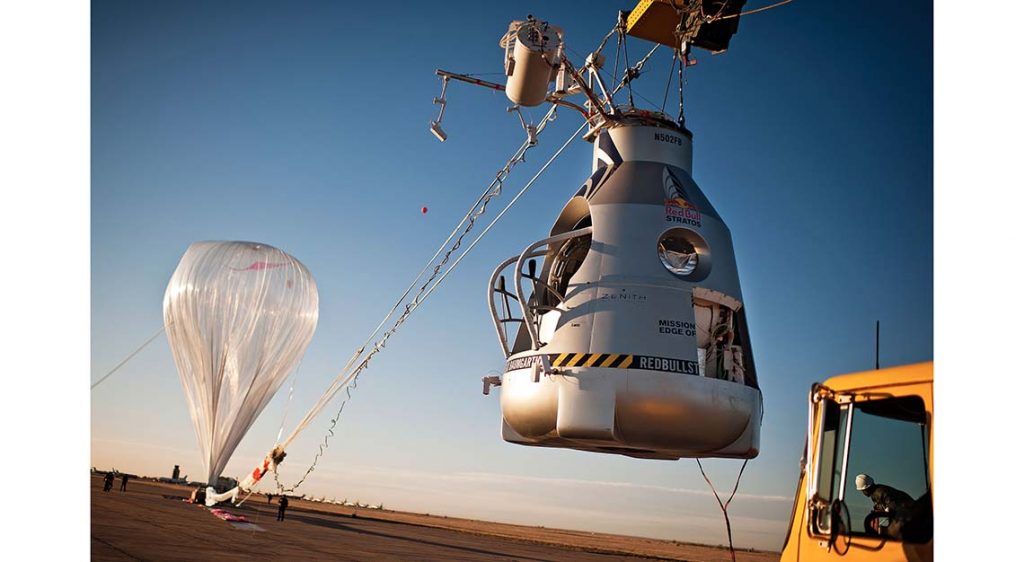
Air
Who can forget Felix Baumgartner’s jump from the stratosphere to Earth in 2012? The Austrian daredevil skydived from a helium balloon some 39km, reaching an estimated speed of 1,342km/hr, breaking the sound barrier (1,234km/hr) in doing so. But what you probably didn’t know is that just two years later, retired Google executive Alan Eustace broke the record for the highest parachute jump.
He too broke the sound barrier, but unlike Baumgartner’s feat, there was little fanfare about Eustace’s jump. After all, the push factor for the avid skydiver and pilot was to figure out an easier way to conduct a stratospheric jump without a capsule. Eustace ‘journeyed’ some 41.41km as he descended, just a tiny bit short of a marathon. Unlike professional athletes who take around four hours to complete a 42km run, Eustace took just under 15 minutes.
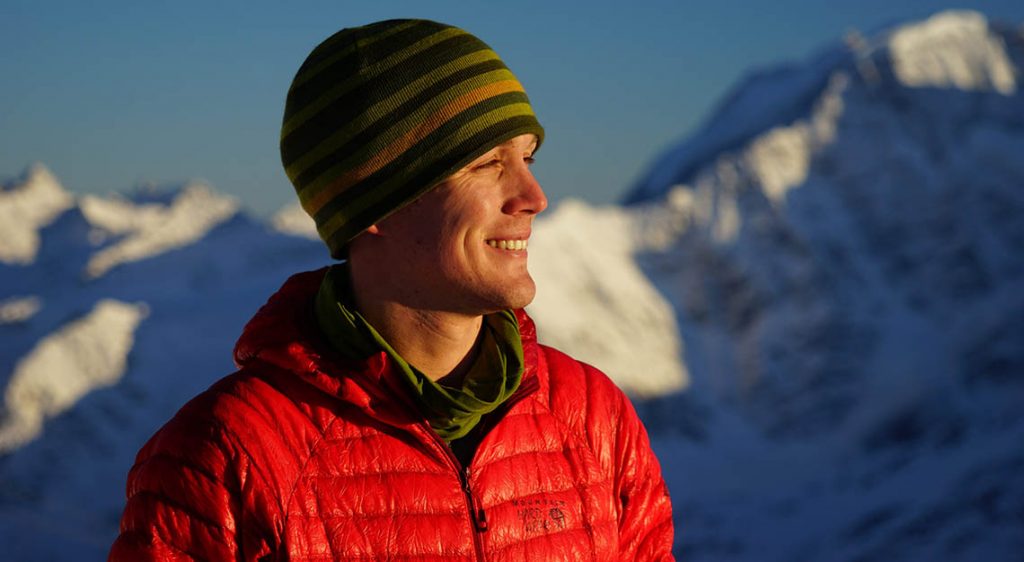
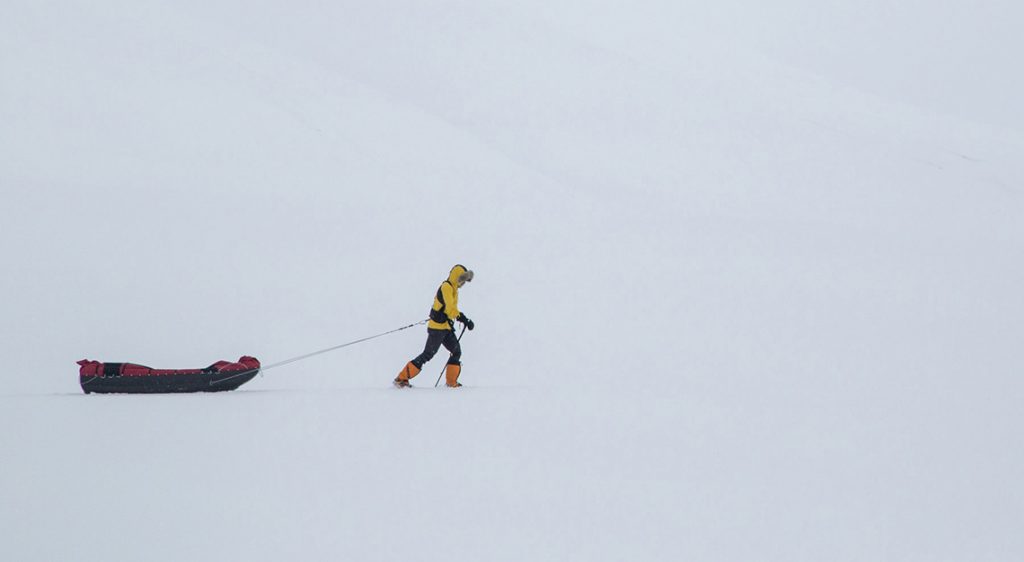
Land
While many of us took it easy on Christmas Day, a 33-year-old American explorer was counting down; just one more day and he would complete his expedition. On 26 December 2018, Colin O’Brady was hailed by numerous media as ‘the first person to cross Antarctica alone and unassisted’.
The pro-athlete started his journey on 3 November 2018, dragging a sled weighing nearly 170kg, for an average of 13 hours each day. The 56-day adventure saw O’Brady trudging through over 1,582km of snow, ice and Sastrugi National Park, while temperatures hovered between negative 15 and negative 58 degrees for the most part.
Quite a feat indeed, though his claim to fame set tongues wagging in the community, including Norwegian polar explorer Borge Ousland, who also laid claim to the above title for travelling unassisted for nearly 3,000km in 1997. The cause for contention? Distance covered and what the term ‘unassisted’ means.
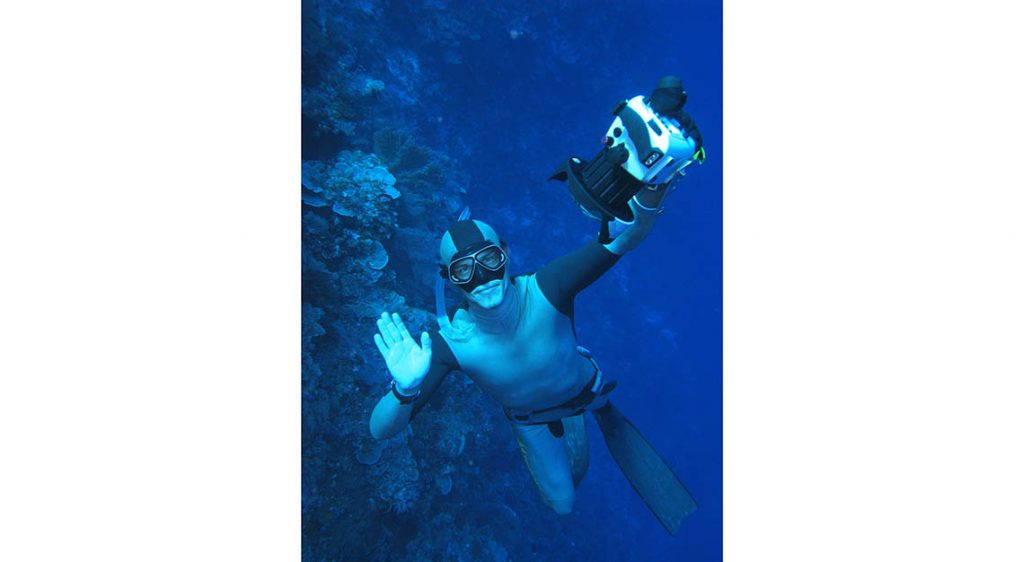
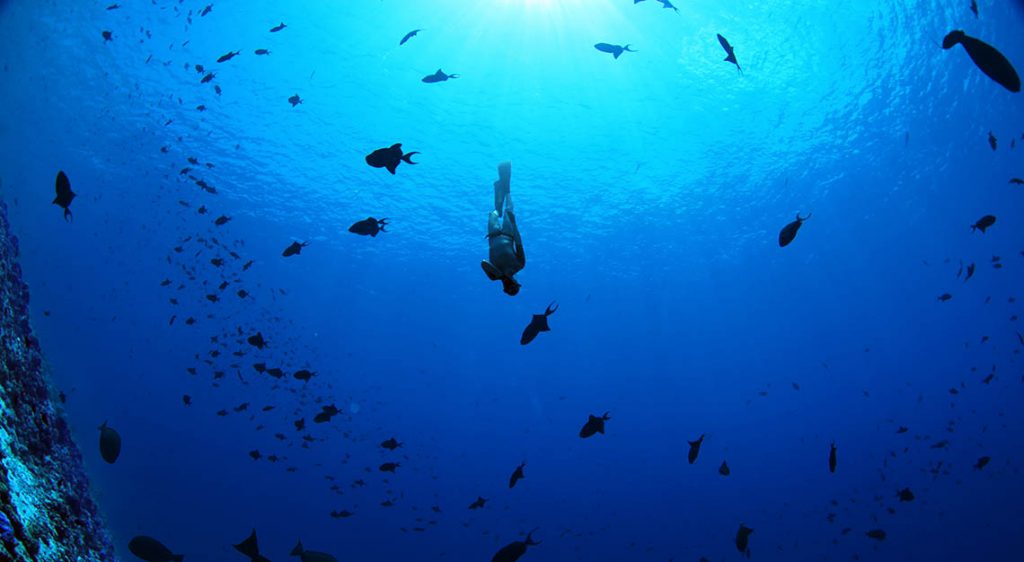
Sea
We’ve all held our breaths from time to time, especially in movies where the protagonist is trapped underwater. But here lies – or should we say swims – freediver Herbert Nitsch. The Austrian is the current freediving champion, having descended to a depth of 214m in 2007, remaining underwater for four and a half minutes (he also attempted a sled-dive in 2012 to a depth of over 240m but suffered injuries in the process). If diving into the deep blue sea isn’t your thing, try holding your breath instead. In 2016, Spaniard Aleix Segura Vendrell set the record for holding one’s breath voluntarily for 24 minutes and three seconds.



